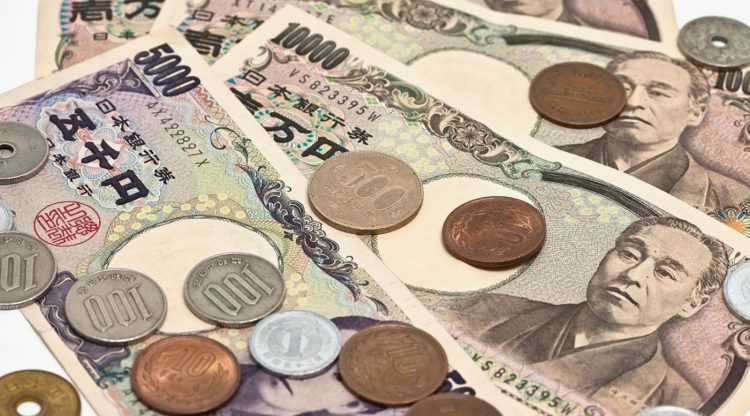Earlier Monday, Takako Masai, a former Bank of Japan board member, said the central bank could raise its benchmark interest rate to 0.5 percent by the end of the year if economic conditions in Japan remain broadly unchanged.
The Bank of Japan may raise interest rates to 0.5% this year
Masai served on the BOJ board of governors for five years until June 2021. “It really depends on the real economy,” Masai said in an interview on Monday morning. If economic expectations remain where they are, I think one or two more rate hikes are OK, and ultimately expect to go to about 0.5 percent.”
Also Monday morning, Bank of Japan Governor Kazuo Ueda, speaking at the Bank’s annual international conference, said the central bank would move cautiously to anchor inflation expectations at 2 percent.
Some of the challenges facing the boj are unique and particularly difficult compared to other central banks around the world, Mr. Ueda said.
Mr Ueda’s reference to the difficult challenges could be a reference to Japan’s previous decade of ultra-loose monetary policy.
When the Bank of Japan ended negative interest rates in March, it signalled that it had finally emerged from the swamp of ultra-loose monetary policy and was on track to gradually raise rates.
However, as the Bank of Japan’s further decision to raise interest rates key, Japan’s inflation data has recently performed slightly less than expected. Data on Friday showed inflation cooled for a second straight month in April, with consumer prices excluding fresh food rising 2.2 per cent. However, it has been above the Bank of Japan’s 2% price target for the 25th consecutive month.

Japanese companies and households have changed their inflation expectations
In Masai’s view, the inflation expectations of companies and households have changed because of rising prices over the past two years.
“The BOJ wants to make sure everything is normal, but at the same time they have to deal with the side effect (of easing monetary policy), which is a weaker yen,” she said. “On the bright side, companies have good results and have enough capacity to invest for the future.”
She believes the BOJ needs to strengthen its communication on the yen and remain vigilant about its possible impact on consumption.
Masai said that based on the central bank’s recent communications, including summaries of views from recent policy meetings and comments from the leadership, the authorities appear to be focused on further steepening the government bond yield curve.
She said it was still difficult to judge the boj’s precise assessment of the impact of a weak yen on the economy. “They need to do some communication on that,” she said.
































